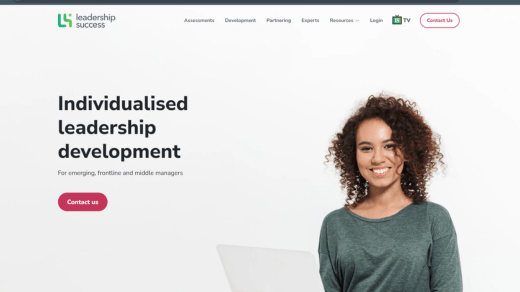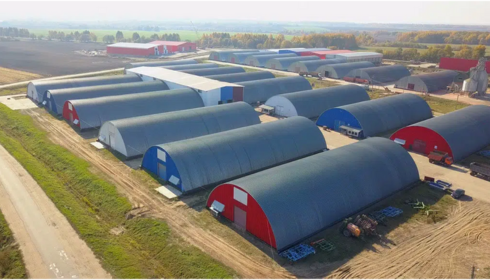Leadership development is a comprehensive process designed to enhance the skills, abilities, and qualities necessary for effective leadership. It focuses on nurturing individuals to become capable leaders who can inspire, motivate, and guide teams or organizations towards achieving shared goals and objectives. Here’s an exploration of key aspects of leadership development and its importance in today’s dynamic business environment:
Key Components of Leadership Development:
- Self-Awareness: Effective leadership development begins with self-awareness. Leaders are encouraged to understand their strengths, weaknesses, values, and leadership style through assessments, feedback mechanisms, and reflective practices. This self-awareness forms the foundation for personal growth and development.
- Skill Enhancement: Leadership development programs aim to enhance essential leadership skills such as communication, decision-making, problem-solving, conflict resolution, and strategic thinking. These skills are critical for leaders to navigate challenges, inspire confidence, and drive organizational success.
- Emotional Intelligence: Developing emotional intelligence (EQ) is crucial for effective leadership. EQ encompasses self-management, empathy, social awareness, and relationship management. Leaders with high EQ can build strong relationships, foster collaboration, and manage interpersonal dynamics effectively.
- Vision and Strategy: Leaders are encouraged to develop a clear vision for the future and articulate a compelling strategy to achieve organizational goals. Leadership development fosters the ability to think strategically, anticipate market trends, and adapt strategies to changing circumstances.
- Coaching and Mentoring: Coaching and mentoring play vital roles in leadership development. Experienced leaders or external coaches provide guidance, support, and feedback to aspiring leaders, helping them navigate challenges, develop new perspectives, and accelerate their growth.
Importance of Leadership Development:
- Organizational Success: Effective leadership is essential for driving organizational success. Well-developed leaders can inspire teams, foster innovation, and adapt to market changes, leading to enhanced performance, profitability, and competitive advantage.
- Talent Retention: Leadership development programs demonstrate an organization’s commitment to investing in its talent. They help attract and retain high-potential employees who seek opportunities for growth, learning, and career advancement.
- Adaptability and Innovation: In today’s rapidly evolving business landscape, leaders must be adaptable and innovative. Leadership development cultivates agility, creativity, and resilience, enabling leaders to navigate uncertainty, seize opportunities, and drive innovation within their teams and organizations.
- Succession Planning: Effective leadership development ensures a pipeline of capable leaders ready to assume key roles within the organization. It supports succession planning efforts by identifying and preparing future leaders who can step into leadership positions with confidence and competence.
- Employee Engagement and Morale: Strong leadership fosters a positive work environment characterized by trust, open communication, and collaboration. Leaders who invest in their development create engaged teams, boost employee morale, and contribute to a culture of high performance and employee satisfaction.
Implementing Leadership Development Programs:
- Assessment and Needs Analysis: Begin by assessing current leadership capabilities and identifying development needs. Use tools such as 360-degree feedback, leadership assessments, and performance evaluations to gather insights.
- Tailored Development Plans: Develop personalized development plans for leaders based on identified needs and goals. Incorporate a blend of training workshops, coaching sessions, experiential learning opportunities, and stretch assignments.
- Continuous Learning and Feedback: Encourage continuous learning through workshops, seminars, industry conferences, and online courses. Provide regular feedback and opportunities for self-reflection to reinforce learning and track progress.
- Support from Senior Leadership: Gain buy-in and support from senior leadership to prioritize and invest in leadership development initiatives. Leaders at all levels should champion development efforts and lead by example.
- Evaluate Impact: Measure the impact of leadership development programs on organizational performance, employee engagement, and leadership effectiveness. Adjust strategies based on feedback and evolving business needs.
Conclusion:
In conclusion, leadership development is a strategic investment that prepares individuals to lead with vision, integrity, and effectiveness. By focusing on self-awareness, skill enhancement, emotional intelligence, and strategic thinking, organizations can cultivate a pipeline of capable leaders who drive innovation, engage employees, and achieve sustainable growth. Leadership development not only benefits individuals in their career progression but also contributes significantly to organizational success and competitiveness in today’s dynamic global marketplace.
Check out Leadership Success for more information.




























+ There are no comments
Add yours